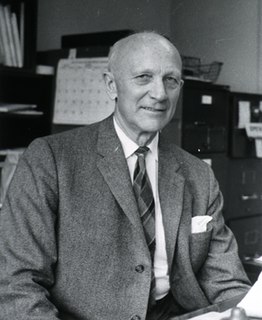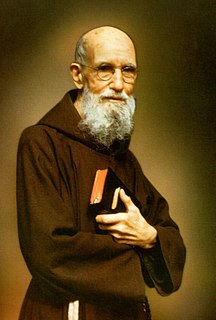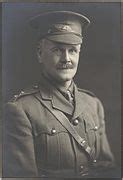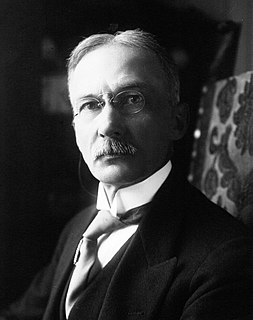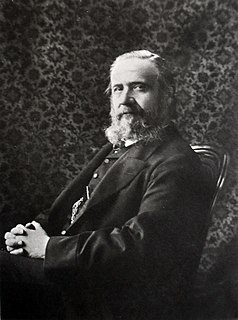Top 1200 Science Of Mind Quotes & Sayings
Explore popular Science Of Mind quotes.
Last updated on April 15, 2025.
It is time to create new social science departments that reflect the breadth and complexity of the problems we face as well as the novelty of 21st-century science. These would include departments of biosocial science, network science, neuroeconomics, behavioral genetics and computational social science.
Sex cannot be understood because nature cannot be understood. Science is a method of logical analysis of nature's operations. It has lessened human anxiety about the cosmos by demonstrating the materiality of nature's forces, and their frequent predictability. But science is always playing catch-up ball. Nature breaks its own rules whenever it wants. Science cannot avert a single thunderbolt. Western science is a product of the Apollonian mind: its hope is that by naming and classification, by the cold light of intellect, archaic night can be pushed back and defeated.
The downside was that for 400 years, science has grown up, has arisen and developed as a purely materialist concept and avoided the subject of mind and consciousness, leaving it to the realm of religion. Only with the founding of quantum science in the early part of the 20th century have we realized that the Cartesian Duality is wrong, that body, mind, physicality do interact and they're interrelated.
In the realm of science, all attempts to find any evidence of supernatural beings, of metaphysical concepts, as God, immortality, infinity, etc have thus far failed, and if we are honest, we must confess that in science there exists no God, no immortality, no soul or mind, as distinct from the body.
In vain do science and philosophy pose as the arbiters of the human mind, of which they are in fact only the servants. Religion has provided a conception of life, and science travels in the beaten path. Religion reveals the meaning of life, and science only applies this meaning to the course of circumstances.
Acceptance without proof is the fundamental characteristic of religion. Rejection without proof is the fundamental characteristic of science. In other words, religion has become a matter of the heart and science has become a matter of the mind. This regrettable state of affairs does not reflect the fact that physiologically , one cannot exist without the other. Mind and heart are only different aspects of us.
If I were a physics teacher or a science teacher, it'd be on my mind all the time as how the hell we really got this way. It's a perfectly natural human thought and, okay, if you go into the science class you can't think this. Well, alright, as soon as you leave you can start thinking about it again without giving aid and comfort to the lunatic fringe of the Christian religion.
The big characters who occupy science, especially modern science, are all "off" in fundamental ways. I don't think that genius goes hand in hand with being socially inept or being a sociopath or being a misanthrope, but I do think that it is a mind that can think so differently - so beyond how one is supposed to think. I wanted to pay tribute to that mind.
I believe in rendering to science the things that belong to science. I have no problem with evolution or discussions of the age of the Earth, for I don't believe that we come anywhere near comprehending the mind of God or the workings of the universe. Science can explain a lot, but it cannot give us faith, and I think we need both.
Remember the word bodhichitta, because Atisha says the whole effort of religion, the whole science of religion, is nothing but an endeavor to create bodhichitta, buddha-consciousness: a mind which functions as a no-mind, a mind which dreams no more, thinks no more, a mind which is just awareness, pure awareness.
'The Lost Symbol' has much to impart about the mind-body problem as filtered through the work of Peter's younger sister Katherine, who more than dabbles in noetic science, or 'leading edge research into the potentials and powers of consciousness', according to the website of the real-life Institute for Noetic Science, based in Northern California.
That kind of skeptical, questioning, "don't accept what authority tells you" attitude of science - is also nearly identical to the attitude of mind necessary for a functioning democracy. Science and democracy have very consonant values and approaches, and I don't think you can have one without the other.
I was accepted to Colorado State University in Fort Collins, which is a terrific Aggie school, and they had a great forestry program. But when I saw the syllabus and realized what I was going to actually have to be studying, there was a lot of science! If you want a degree in forestry, it's basically a science degree. And I just thought, "No, no, no, wait a second. Never mind!"
To bring the tools of science and to recognize that the flaw in the Cartesian Duality and to bring the tools of science to look at this question of mind and consciousness and to explore it using the tools of science â€" instead of saying, as has been the tradition for 400 years, that consciousness is not a proper subject for science to look at.
Yet things are knowable! They are knowable, because, being from one, things correspond. There is a scale: and the correspondence of heaven to earth, of matter to mind, of the part to the whole, is our guide. As there is a science of stars, called astronomy; and science of quantities, called mathematics; a science of qualities, called chemistry; so there is a science of sciences,--I call it Dialectic,--which is the Intellect discriminating the false and the true.
The very problem of mind and body suggests division; I do not know of anything so disastrously affected by the habit of division as this particular theme. In its discussion are reflected the splitting off from each other of religion, morals and science; the divorce of philosophy from science and of both from the arts of conduct. The evils which we suffer in education, in religion, in the materialism of business and the aloofness of "intellectuals" from life, in the whole separation of knowledge and practice -- all testify to the necessity of seeing mind-body as an integral whole.
Science fiction is fantasy about issues of science. Science fiction is a subset of fantasy. Fantasy predated it by several millennia. The '30s to the '50s were the golden age of science fiction - this was because, to a large degree, it was at this point that technology and science had exposed its potential without revealing the limitations.
Someone with a fresh mind, one not conditioned by upbringing and environment, would doubtless look at science and the powerful reductionism that it inspires as overwhelmingly the better mode of understanding the world, and would doubtless scorn religion as sentimental wishful thinking. Would not that same uncluttered mind also see the attempts to reconcile science and religion by disparaging the reduction of the complex to the simple as attempts guided by muddle-headed sentiment and intellectually dishonest emotion?
"True science has no belief," says Dr. Fenwick, in Bulwer-Lytton's 'Strange Story;' "true science knows but three states of mind: denial, conviction, and the vast interval between the two, which is not belief, but the suspension of judgment." Such, perhaps, was true science in Dr. Fenwick's days. But the true science of our modern times proceeds otherwise; it either denies point-blank, without any preliminary investigation, or sits in the interim, between denial and conviction, and, dictionary in hand, invents new Graeco-Latin appellations for non-existing kinds of hysteria!







